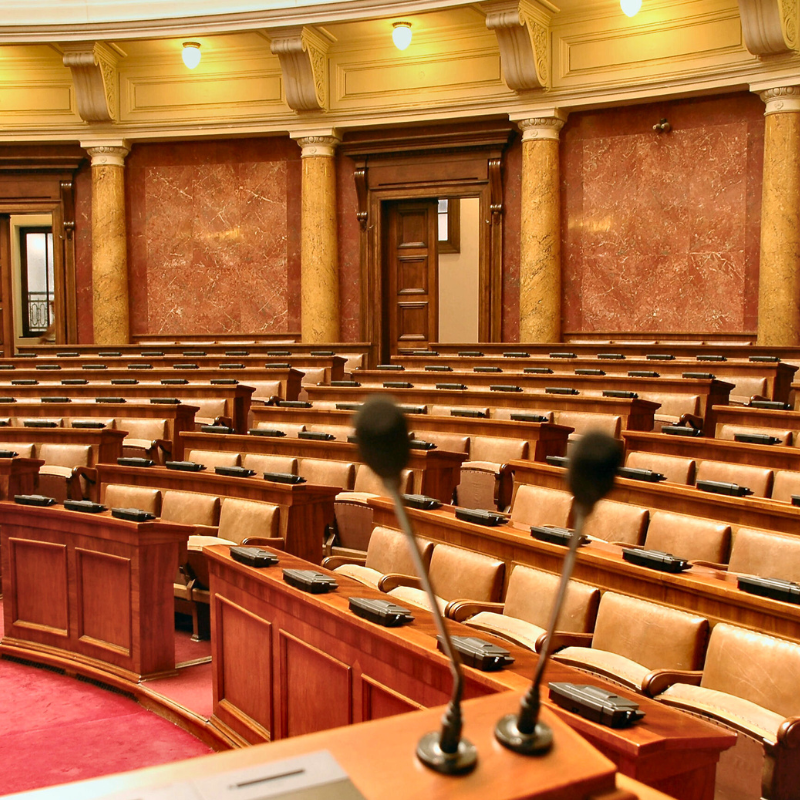The Internal Revenue Service (“IRS”) recently adopted final regulations pertaining to business expense deductions for meals and entertainment. These “Final Regs” were aimed at addressing changes previously incorporated with the enactment of the Tax Cuts and Jobs Act (“TCJA”).
The TCJA had (1) eliminated the deductibility of any expenses related to activities generally considered “entertainment, amusement or recreation,” and (2) also expanded the limitation on the ability to deduct expenses related to food and beverages provided by employers. Prior to the TCJA, there were several exceptions to this rule, including entertainment-type expenses that were either preceded or followed by substantial and bona fide business discussions. However, taxpayers were still able to deduct business expenses related to food and beverages if certain requirements were met.
The following are some of the notable updates provided as part of the new Final Regs, among other specifically delineated items—
- Entertainment Activity: the term “entertainment” means any activity which is of a type generally considered to constitute entertainment, amusement, or recreation, such as entertaining at bars, theaters, country clubs, golf and athletic clubs, sporting events, and on hunting, fishing, vacation and similar trips, including such activity relating solely to the taxpayer or the taxpayer’s family. These activities are treated as entertainment under this section, subject to the objective test, regardless of whether the expenditure for the activity is related to or associated with the active conduct of the taxpayer’s trade or business.
- Entertainment Expenditures: The term “entertainment” does not include food or beverages, unless the food, beverages are provided at or during an entertainment activity. Thus, in order for food or beverages provided at or during an entertainment activity to not be considered entertainment (and therefore deductible), the food or beverages must be purchased separately from the entertainment, or the cost of the food or beverages must be separately stated from the cost of the entertainment on one or more bills, invoices, or receipts. If these requirements are not met, the entire amount is a nondeductible entertainment expenditure.
- Business Meal Expenses: In order for taxpayers to deduct 50% of an otherwise allowable business meal expense, the expense must not be lavish or extravagant under the circumstances, and the taxpayer, or an employee of the taxpayer, must be present at the furnishing of the food or beverages. Further, such food and beverages must be provided to the taxpayer or a business associate, the latter of which is defined as, “a person with whom the taxpayer could reasonably expect to engage or deal in the active conduct of the taxpayer’s trade or business such as the taxpayer’s customer, client, supplier, employee, agent, partner, or professional adviser.” The relationship can either be established or prospective.
The above mentioned rules and definitions are just a brief overview of the newly finalized regulations, and the full rules should be consulted in taking any type of tax position. The Final Regs provide a number of examples that can be referenced as guidance as well.
Author: CJ Stroh, Esq | [email protected]
Withum’s Tax Professionals.
Business Tax Services


